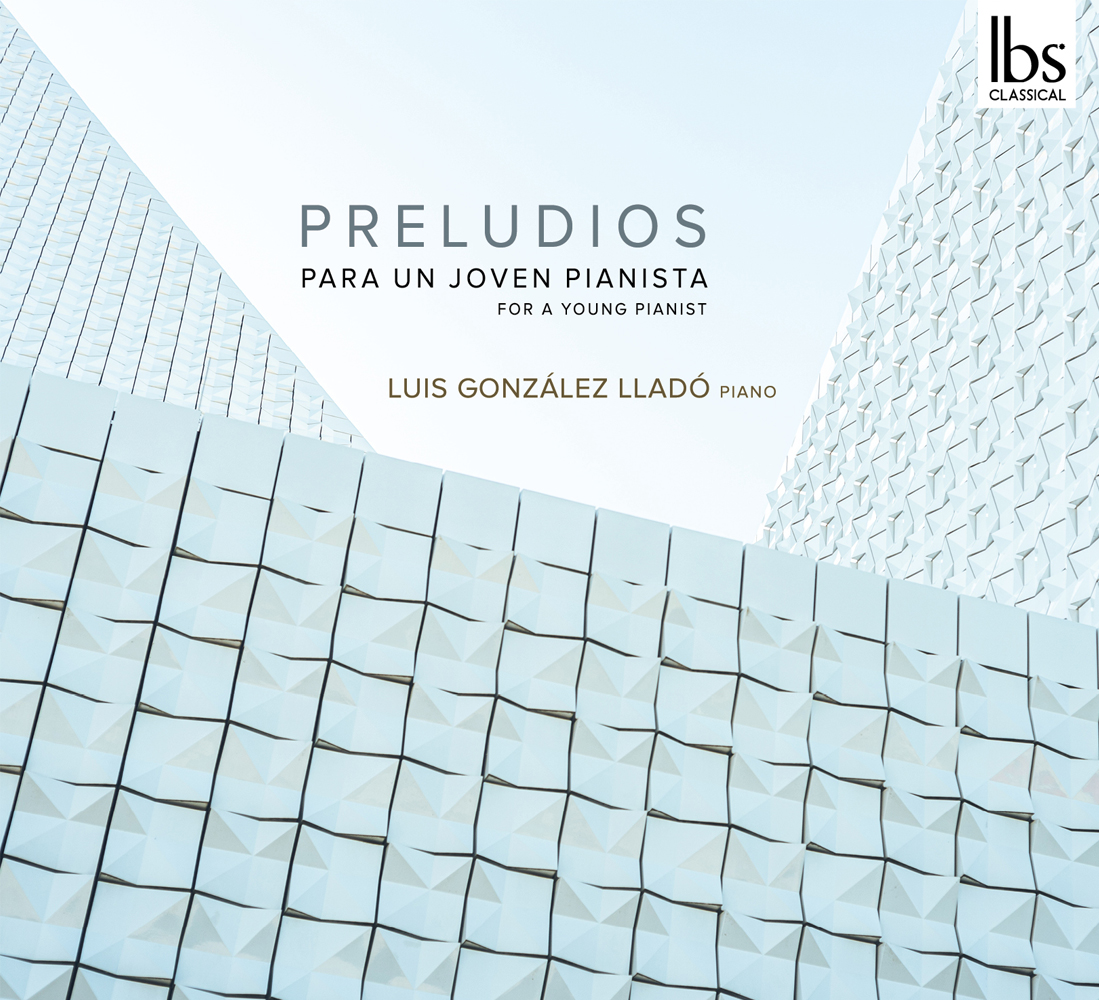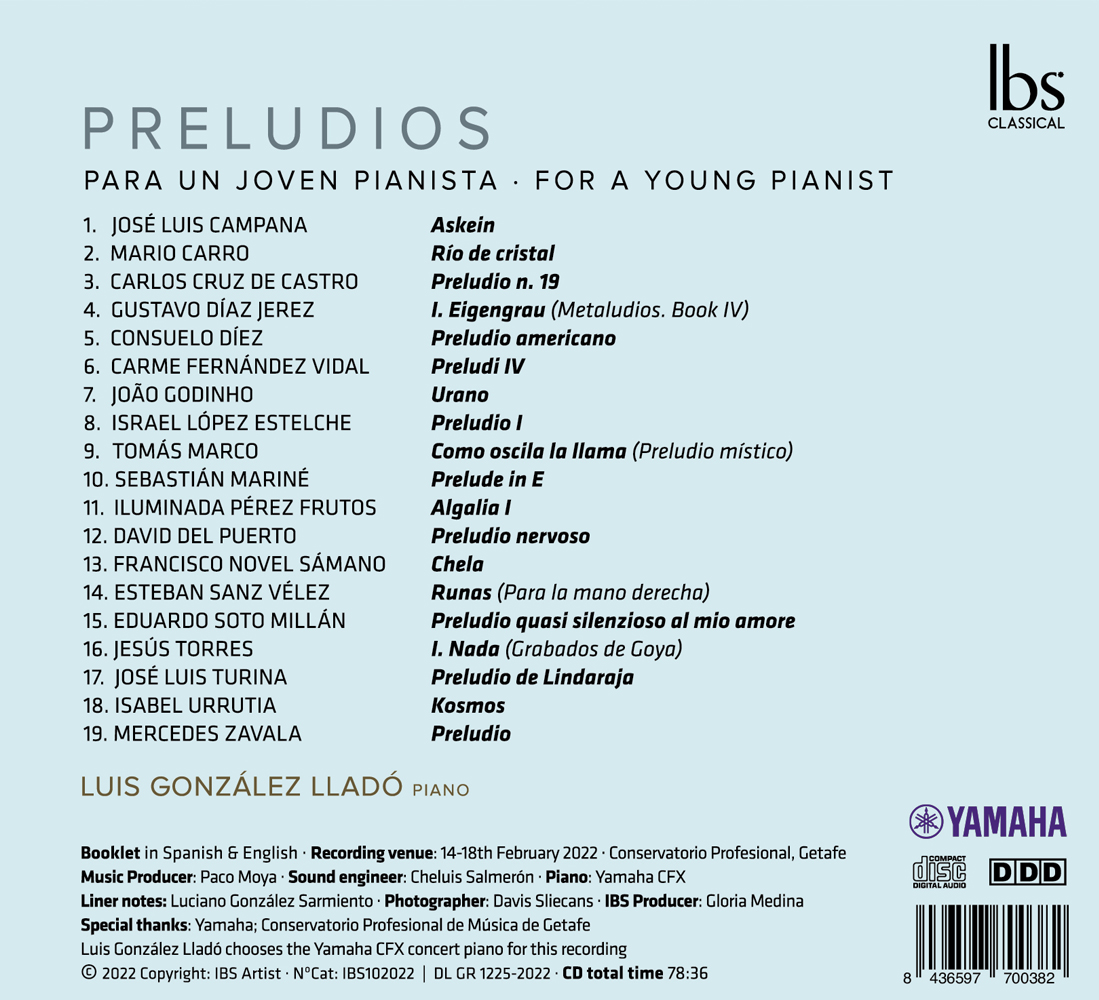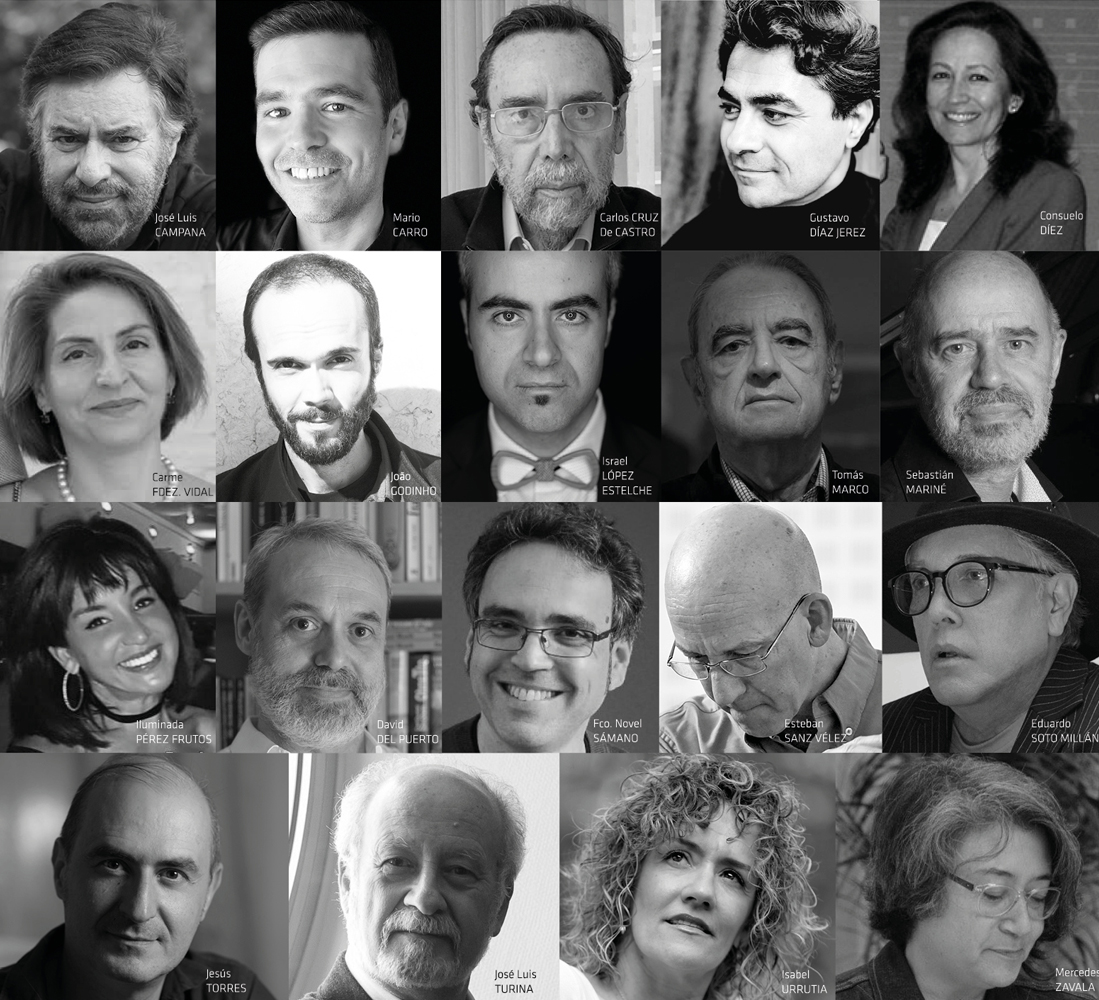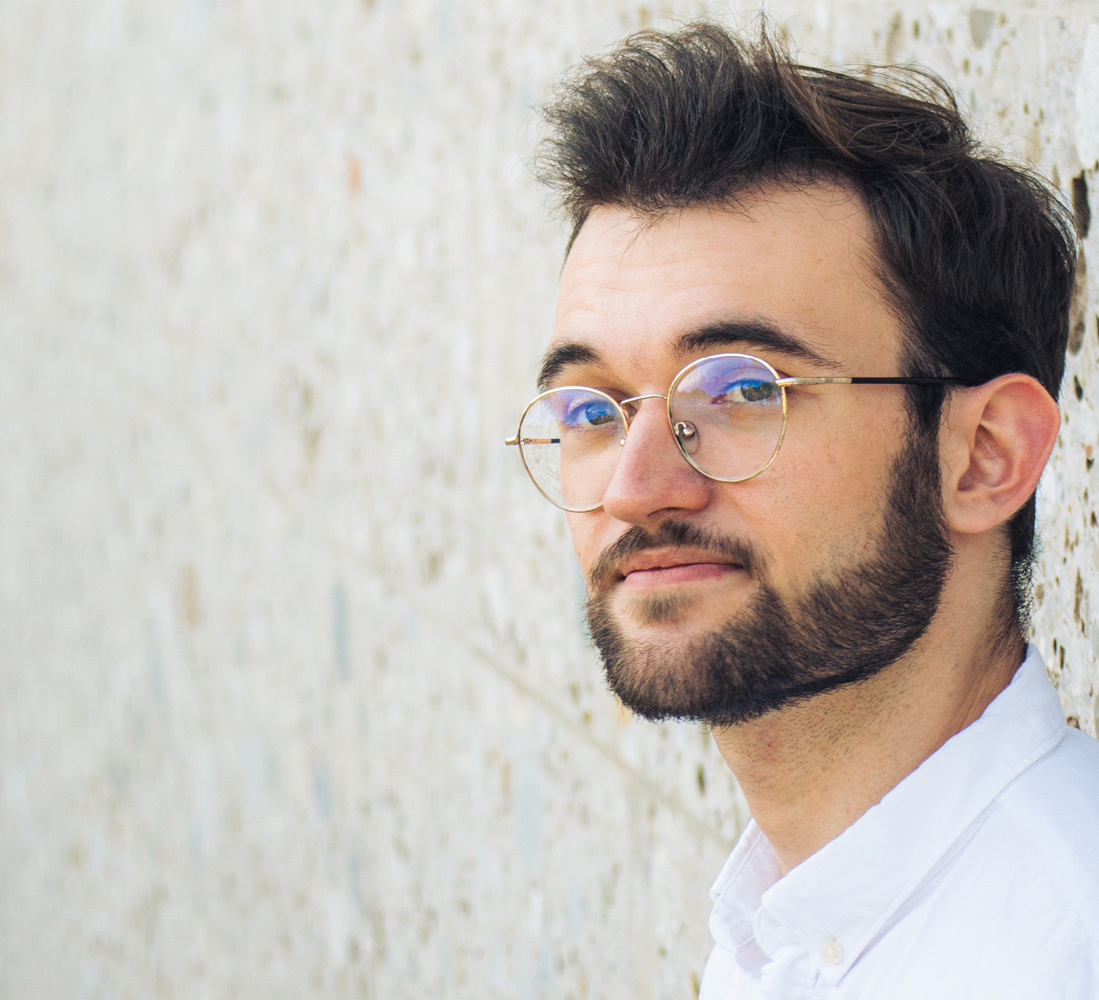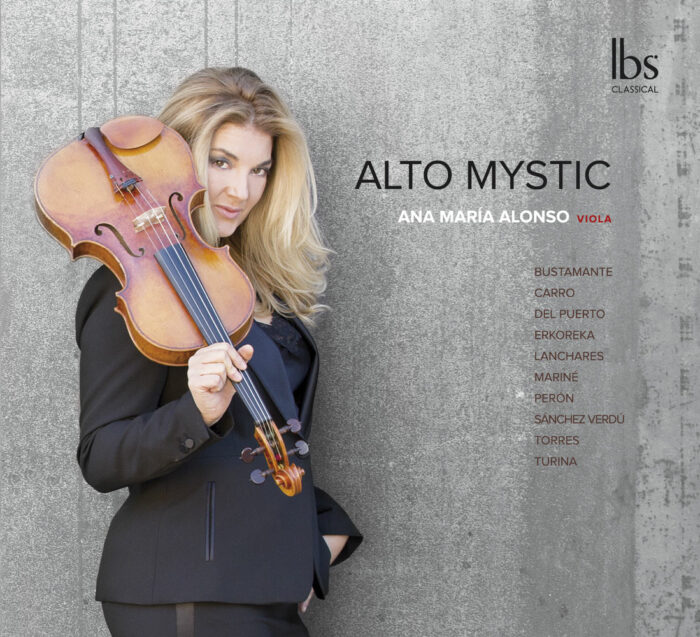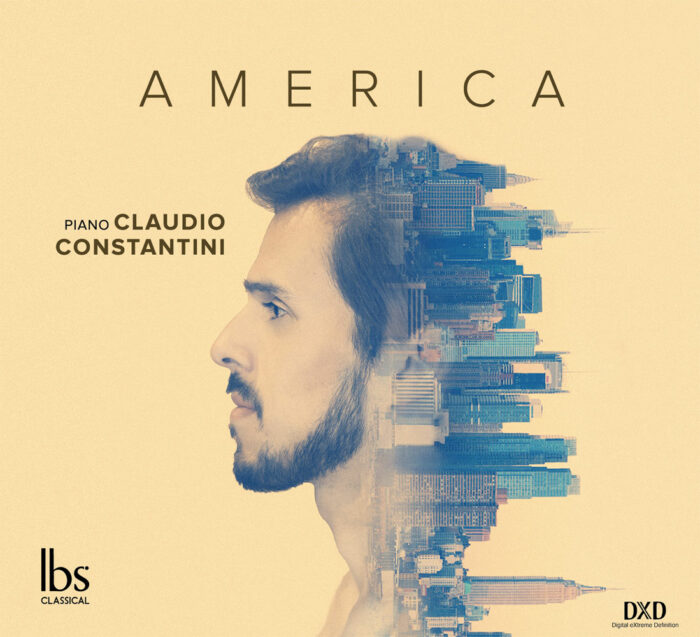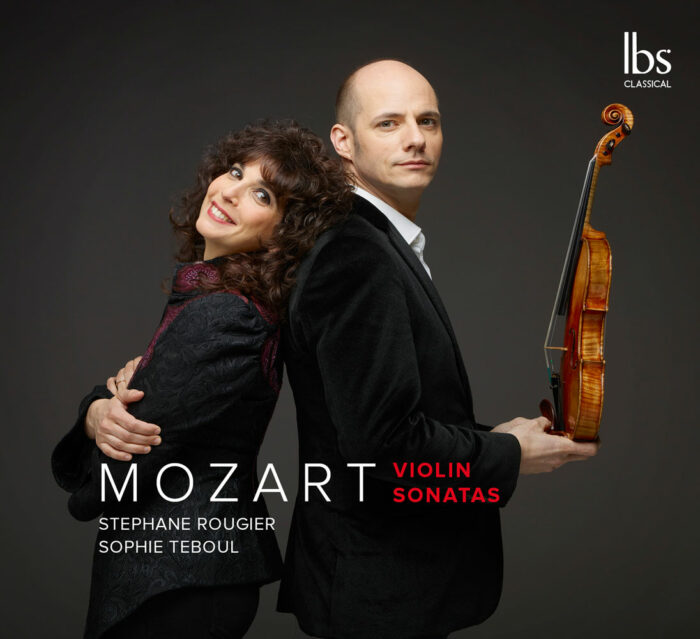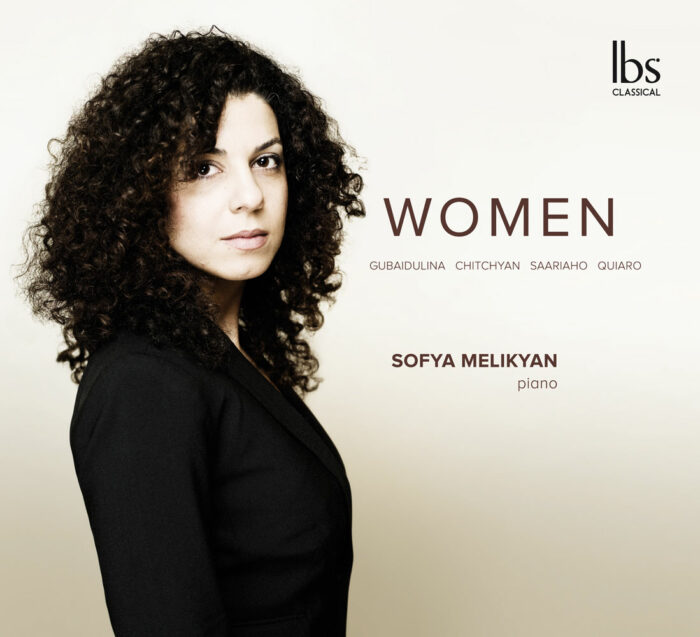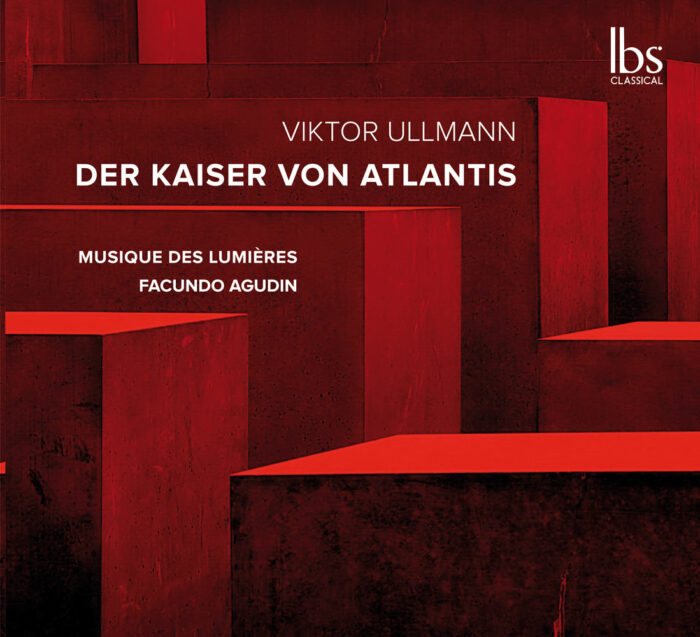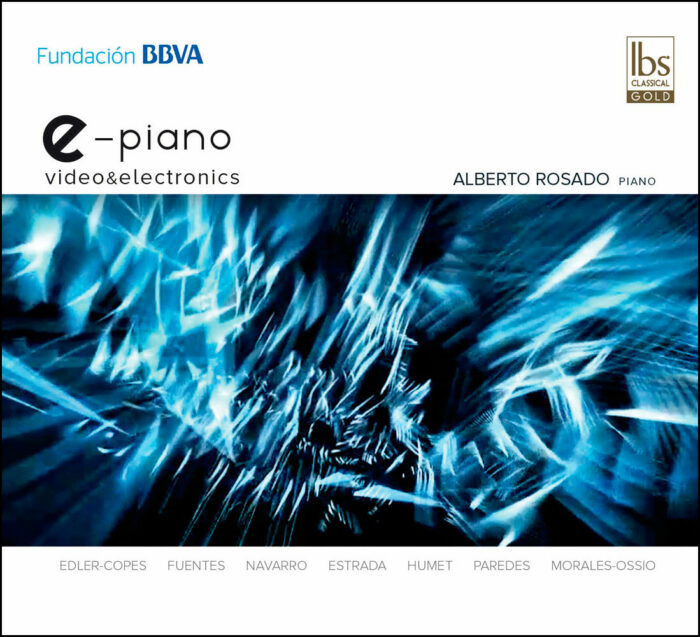Preludes for a young pianist
This is a novel document based on commitment and solidarity. Its most perceptive protagonist is the young pianist Luis González Lladó who, guided by the desire to be coherent with his time, proposed to a heterogeneous group of Spanish, Portuguese and Latin American composers the creation of a nucleus of piano works based on the formal model of the prelude, freely reflecting their conception of the aesthetic time in which they were immersed. That proposal formulated in 2017 fostered a significant collective response, to which this phonographic document aims to attest in the first instance with the works and authors selected by the pianist Luis González Lladó himself. The recording was made in the Auditorio del Conservatorio Profesional de Música de Getafe (Madrid) from 15 to 18 February 2022, with a Yamaha CFX concert piano on gallant loan from Yamaha, and under the technical direction of the director of IBS Classical, Francisco Moya.
The free creative expression and the unique technical and stylistic design that each author has stamped on his work are formulated as paradigms of the created fact, the pianist being the authentic interpreter of its contents and assuming responsibly the profiles that all interpretation implies as a recreating fact. It is the composers themselves who describe their works, all of which are dedicated to the pianist who performs them.
As a presentation
A certain unreality has always been pointed out about the timbre of the piano, as if it could only express itself through masks behind which to hide the lack of an authentic character. Its evolution has consisted of searching for itself, trying to configure a sonorous identity. This endless odyssey has bequeathed us an immense literature that testifies to the imaginary richness of the instrument.
According to Alfred Cortot, Couperin considered the prelude as “a little game to loosen the fingers”. Etymologically, it suggests an instance prior to music proper. In many cultures, an improvisatory or playful space with an introductory function can be found in a similar way: تَقْسِيم (taqsīm) in Arabic music, alāpa and alāpana in the music of Northern and Southern India, to name but a few. These “living forms”, products of the Spieltrieb described by Schiller, account for the moment when a properly musical consciousness of music is constituted, delimiting it and providing it with self-awareness. Its relative anteriority reveals a stage of gestation: an originary music “inside-of”, a presence that takes place within the musical spirit, marking its genesis, at once infantile origin and adult becoming, always in (the midst of) play.
Here then is a sample of our musical circumstance. The instrument that these preludes present is very different in each of them (we would say from one to the other, according to their affinities): the Clavier, vicar of the dancing geometries of the Baroque, of the romantic digressions and the disintegrating traces of Modernism, is today rewarded with the melting pot of forms and attitudes of our own time. Therefore, listening to these pieces will have to be prudent and attentive, as well as committed, in order to guarantee a historical sensitivity that does them justice.
It is to the composers that we owe thanks for their creative exercise, for their contribution to the generations of pianists yet to come; a future that will only become traceable if it is the product of the collective (let’s call it ‘ethical’) work that music is all about.
Luis González Lladó
Luis González Lladó (Madrid, 2000) belongs to the new generation of young pianists who are forging a promising future for music and the art of performance. His piano training, with a scholarship from the Yamaha-Ibérica Foundation, with Professor Javier Negrín at the Centro Superior Katarina Gurska in Madrid, together with his studies in Philosophy at the Universidad Nacional de Educación a Distancia (UNED) are endorsements and support for a highly demanding personality. Currently, with a scholarship from the Botín Foundation, he is studying the Bachelor of Music at the Hochschule für Musik in Munich (Germany) under the direction of Professor Adrian Oetiker. Winner of the Iberian Competition “Adelina Caravana” in the Portuguese city of Braga, he has given concerts at the Aigues-Vives de Gard Festival (France), Santander (Botín Foundation), Varna International Festival (Bulgaria), Estoril-Lisbon International Festival (Portugal) and in Madrid (Polytechnic University).
